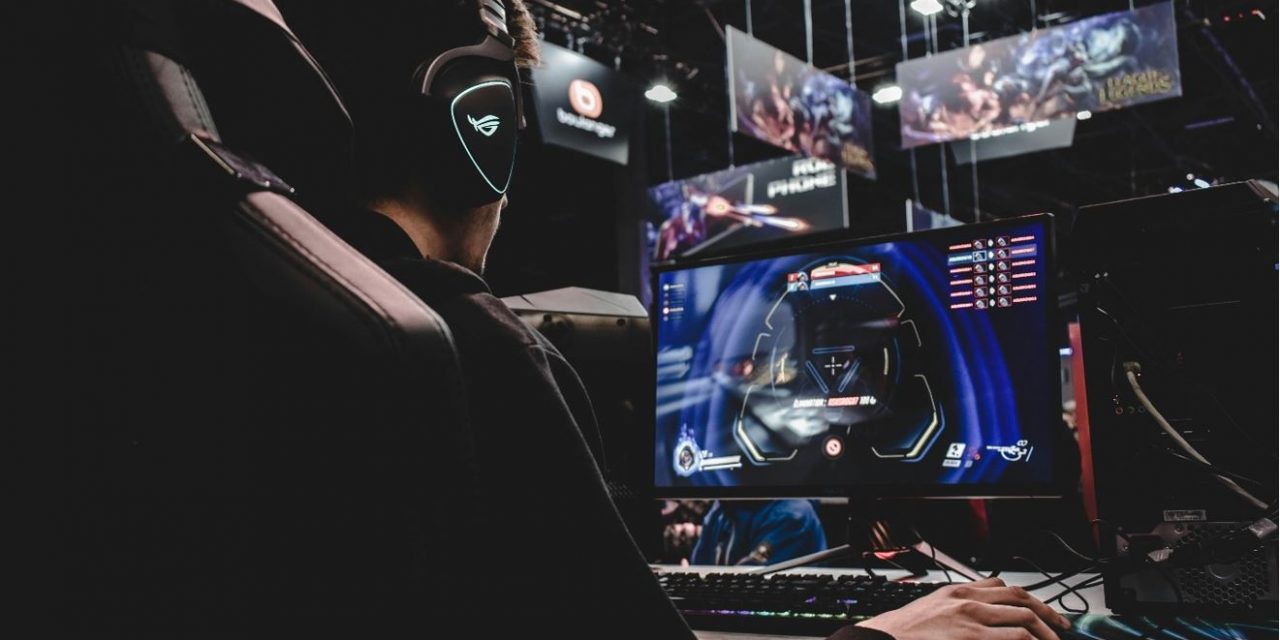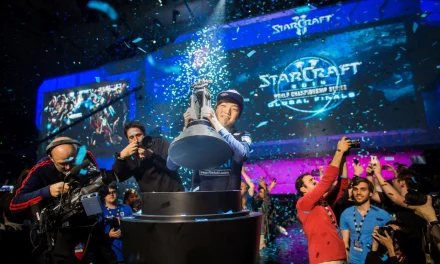The gaming industry is one of the most dynamic and profitable in the world, driven by innovation, creativity and technology. Within this ecosystem, intellectual property (IP) and licensing play key roles in the protection and commercialization of games and their components. In this article, we will explore the importance of intellectual property and licensing in the gaming industry, as well as how specialized lawyers can assist in this process.
The Importance of Intellectual Property
Intellectual property is vital to protecting the rights to creation and innovation in the games industry. It encompasses various forms of ownership, including copyrights, trademarks, patents and trade secrets. Here are some ways intellectual property is essential to the gaming industry:
Copyright: Copyright protects original expressions of ideas in game form, including graphics, music, dialogue, plots and source code. This prevents others from copying or using these elements without permission, ensuring that creators are recognized and rewarded for their work.
Trademarks: Trademarks protect names, logos, symbols and slogans associated with games and their brands. This helps avoid consumer confusion and protects the company’s reputation and identity in the market.
Patents: Patents can be used to protect specific technical and technological innovations found in games, such as new interface devices, algorithms, or unique game mechanics.
Trade Secrets: Trade secrets can include confidential information, such as source codes, game designs, and marketing strategies, that provide a competitive advantage in the marketplace and must be protected from unauthorized disclosure.
The Role of Licensing in the Gaming Industry
Licensing is a common practice in the gaming industry, where IP owners grant permission to third parties to use their intellectual property in exchange for royalties or other forms of compensation. This may include licensing characters, trademarks, music, images and technology for use in games, related products and merchandise. Licensing allows game developers to access high-quality and recognized content, while IP owners can expand their brand and generate additional revenue.
How a Lawyer Can Help
Intellectual property and licensing lawyers play a crucial role in the gaming industry, providing expert legal guidance to companies and developers. Game developers and independent writers, and artists should hire a leading IP lawyer to draft licensing agreements and contracts to ensure everyone’s rights and responsibilities are fully documented.
Here are some ways a lawyer can help:
Intellectual Property Protection: Lawyers can help developers protect their copyrights, trademarks, and other intellectual property assets through proper registration and security measures.
Licensing Agreement Negotiation: Lawyers can assist in negotiating and drafting licensing agreements, ensuring that the terms are fair and favorable to all parties involved.
Dispute Resolution: In the event of copyright infringement, licensing disputes, or other legal issues related to intellectual property, lawyers can represent their clients in legal proceedings and help resolve disputes efficiently and favorably.
Strategic Legal Advice: Lawyers can provide strategic legal advice on intellectual property issues, helping developers make informed decisions that protect their long-term business interests.
In short, intellectual property and licensing play essential roles in the gaming industry, ensuring that creators are protected and rewarded for their work, while developers have access to high-quality, recognized content. With the help of specialized lawyers, gaming companies can navigate the complex legal landscape and maximize the value of their intellectual property.










![[Rumor] GTA 6 to be digital-only at launch… to avoid story spoilers](https://vgleaks.com/wp-content/uploads/2024/03/gta-6-150x150.jpg)
![[Rumor] Resident Evil: Code Veronica remake could be announced this year and launch in 2027](https://vgleaks.com/wp-content/uploads/2026/01/resident-evil-code-veronica-150x150.jpg)

